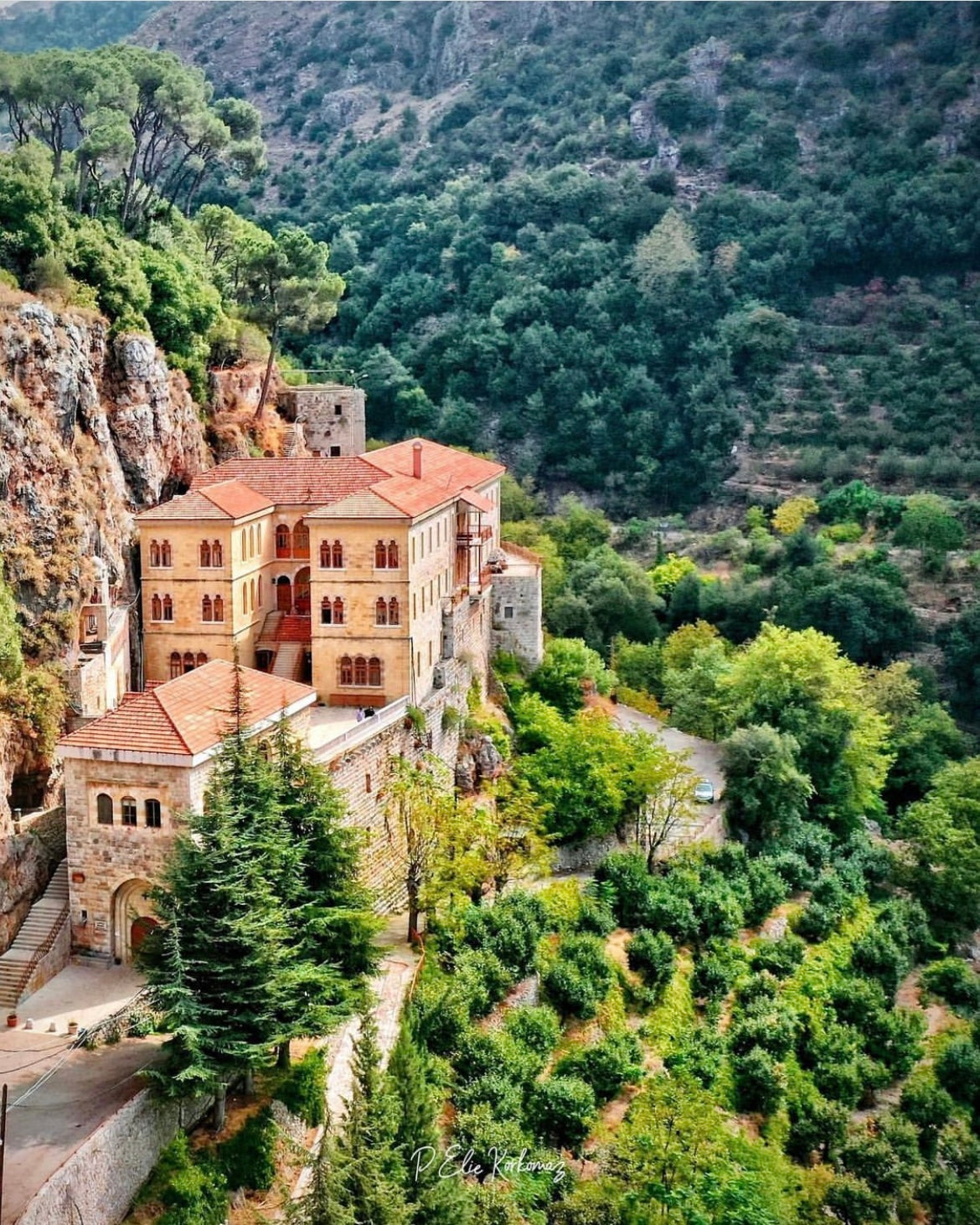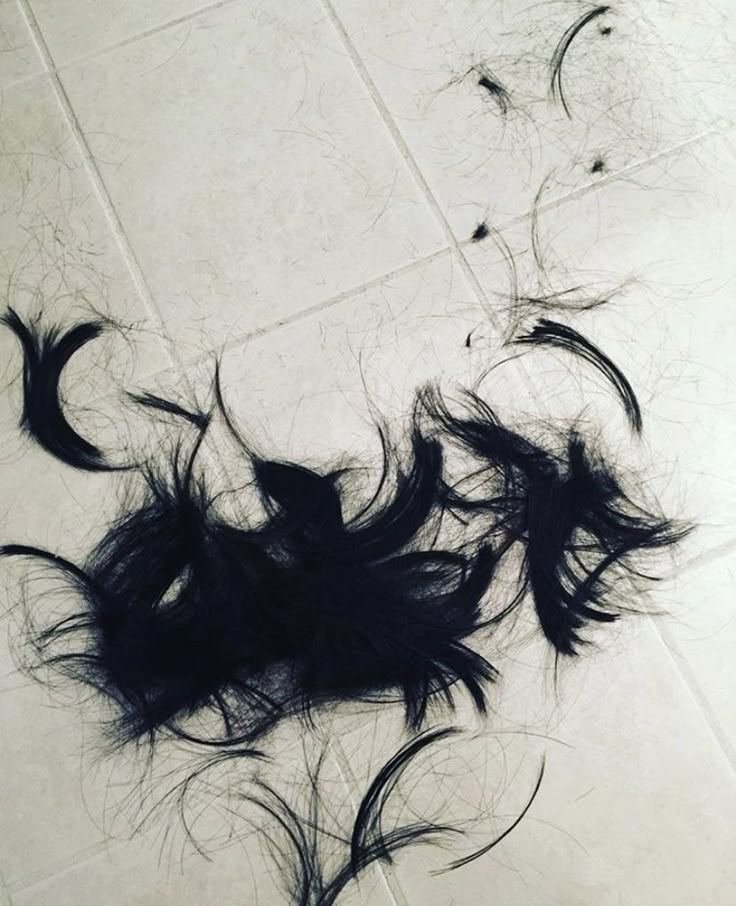"For us and our family in Lebanon, olive trees are more than just plants-they are cherished family members, passed down through generations.These ancient trees symbolize heritage, resilience, the deep connection between the land and its people."
The Middle East: The Birthplace of Olive Oil. Reclaiming our place on the global stage
For thousands of years, the Levant has been home to the world’s most ancient olive trees—nourished by snowmelt, thriving in biodiverse soil, and harvested just once a year.
What the West calls “regenerative farming” has always been a way of life here. No artificial irrigation, no depletion—just nature in balance. Every part of the olive is used, and the land is honored, never overworked.Najeau’s olive oil is sourced from a 900-year-old monastery in Lebanon’s Holy Valley, where tradition, sustainability, and heritage come together to create a nutrient-rich oil that deeply nourishes both scalp and soul.
This is more than olive oil. It’s a legacy.
Olive oil originated in the Mediterranean region, where olive trees (Olea europaea) have been cultivated for thousands of years. Evidence suggests that olive oil production began around 6,000 years ago, with the earliest known cultivation taking place in the Levant, particularly in modern-day Lebanon, Syria, Israel, and Palestine. From there, the use of olive oil spread to other parts of the Mediterranean, including ancient Greece, Egypt, and later, Rome.
The olive tree and its oil have played a significant cultural, culinary, and religious role in these regions, symbolizing peace, prosperity, and health. Today, olive oil remains a staple of Mediterranean cuisine and is celebrated worldwide for its flavor and health benefits.
But before we begin let us break down some terms you will be hearing often and what they mean:
NAJEAU'S EXTRA VIRGIN OLIVE OIL
FIRST-COLD PRESSED, SINGLE ORIGIN, AND UNREFINED
Grown and harvested at a 900-year-old monastery in the "Holy Valley" of Qadisha, using rustic, regenerative practices using fertile, nutrient-rich soil that ensures a healthy, well-balanced, extra fresh oil.
WHAT DOES
FIRST-COLD PRESS MEAN?
First-cold pressed olive oil is made from the first round of extraction from fresh, intact olives without the use of heat or additional chemicals. This helps the oil retain its full nutritional value.
OUR OLIVE OIL IS UNREFINED
The difference between refined and unrefined olive oil is that unrefined olive oil stays in its purest state while refined oil is heated and filtered to remove any visual
flaws.
Extra virgin olive oil undergoes little to no refinement in order to keep its bold flavors and color and hold more of its nutritional value and benefits.
OUR OLIVE OIL IS
SINGLE-ORGIN
Single-origin olive oil refers to oil that is made from olives grown and harvested from a single specific geographic region or farm. It features the unique characteristics of the land, climate, and soil, which influence the flavor profile of the oil. Single-origin olive oils are also the purest and healthiest form of olive oil.
HIGH IN
POLYPHENOLS
The polyphenols in extra virgin olive oil act as an antioxidant which means that these compounds minimize free radicals in the body. Antioxidants affect the human health in various way from improving body functions and digestion to skincare. Antioxidants can also fight off cell damage in the body, enhancing the body's capability to fight off any diseases.
So what is 'REGENERATIVELY' FARMED: Defined by the West.
We hear this term in the West used often-'Regenerative' farming, or regenerative agriculture. What is it? It is a method of farming that aims to restore and enhance the health of the ecosystem. It's characterized by practices that:
Improve Soil Health: This involves increasing soil fertility and biodiversity, often through techniques like no-till farming, cover cropping, and diverse crop rotations. Healthy soil is better at storing carbon and supporting plant growth.
Enhance Water Conservation: Efficient use of water and improving the water cycle within the farm ecosystem, often by maximizing natural water retention and reducing reliance on artificial irrigation.
Increase Biodiversity: Encouraging a variety of plants and animals to thrive within the agricultural system, which helps to create a more resilient and sustainable environment.
Promote Ecosystem Services: Supporting natural processes like pollination, natural pest control, and nutrient cycling through the maintenance of a healthy, diverse ecosystem.
Sustainable Livestock Practices: Integrating animals into the farm in a way that supports regenerative processes, like grazing practices that mimic natural herd movements to improve soil health and plant growth.
Regenerative farming goes beyond merely sustaining resources; it actively works to rejuvenate and improve the farm's ecosystem. This approach is increasingly recognized for its potential to address issues like soil degradation, water scarcity, and biodiversity loss, in addition to its role in mitigating climate change.
'REGENERATIVELY' FARMED TO US IN LEBANON MEANS HOW NATURE INTENDED IT TO BE. ONCE A YEAR, IRRIGATED BY THE FRESH SNOW EVERY YEAR AND THE BIODIVERSITY OF THE SOIL.
In many parts of the world, regenerative farming is an intentional effort—designed to improve soil health, enhance water retention, increase biodiversity, and create sustainable ecosystems. It’s a response to the damage caused by industrial agriculture, a way to restore what has been lost.
But in Lebanon, especially in these ancient olive groves, this balance already exists. The farmers don’t need to implement regenerative practices—they live them. The olive trees, deeply rooted in the land for generations, bear fruit only once a year, naturally aligning with the rhythms of the environment. They are irrigated by fresh snowfall, not artificial systems. The soil is enriched by the wildlife that moves through the landscape year-round, ensuring biodiversity without human intervention.
Here, the land has never needed to be “regenerated” because it was never depleted. The farmers work in harmony with nature, harvesting only when the trees are ready, respecting the cycle that has sustained both the people and the land for centuries. What regenerative farming seeks to recreate elsewhere is simply the way of life here—a tradition of stewardship, not extraction, where nature leads and people follow.
It is a zero waste process. Every part of the olive is used and what is let over is made into firewood.
It’s about service and honoring the land, taking only what is needed and keeping the soil from being depleted by overproduction. This holistic, organic approach to farming not only yields a more nutritious crop, it also improves water and air quality, increases biodiversity, and helps counter the effects of climate change.
By not relying on toxic chemicals, and not overworking the land, the growers are able to tend soil that’s microbially vibrant. Through this land stewardship, they’re improving, rather than degrading, the environment for the next generation.
The fancy term here is regenerative farming, but for them, it’s just nature in balance.
Once a year, the olive trees bear fruit, providing the monastery, the people and communities that surround them with food, soap, and income. From the once a year harvest the olives are picked and cold pressed to extract the oil. This goes to the heart of our products. We can source the fanciest oils, but if the soil it comes from is nutrient deficient and has been depleted over and over again, then what are we really giving you, and what is your scalp actually absorbing?
Olive oil is so important to our hair rituals, and runs in all of our treatments, so we wanted to make sure this keystone ingredient came from fertile, nutrient-rich ground and a place of deep respect.
Our connection
My father was the youngest of nine in a poor family of farmers from the northern part of Lebanon, called Nab’ha. His mother passed away in childbirth, and his sisters raised him.
His sister Madna was the kindest, most beautiful, larger-than-life woman. She had four children, my cousins. One of these cousins is Abuna, a monk who lives at the Monastery.
When we were sourcing oils for Najeau, I knew that the best olives were grown in the Mediterranean. Najeau’s heritage is rooted in our traditions from Lebanon, and we give back there, so I wanted to find oil that would be as authentic and as ethical to the source as possible. I asked my family if we knew anyone making olive oil in Lebanon. They said, “Yes! Your cousin Abuna!”
I remembered visiting Abuna at the monastery before I left Lebanon when I was 14, but I hadn’t been back in 27 years. It was then that I knew I needed to return to seek out this oil, and the journey home began.
The monastery
The 900-year-old Monastery of Saint Anthony is situated in the “Holy Valley” of Qadisha, a hundred kilometers north of Beirut. The monastery itself, the valley of Qadisha, and the forest of cedars are classified by UNESCO as a World Heritage Site.
The monastery is surrounded by mountains, covered with cedar, oak, and pine trees. The valley is plentiful, cultivated with a rich variety of vegetables and fruits, like mulberry and olive trees.
“Qozhaya” is of Syriac origin, meaning “the treasure of Life.” But this doesn’t refer to worldly treasure. Instead, it means the abandonment of worldly goods for a life dedicated to prayer and detachment. “Life” refers to nature: the abundance of water endowing nature with its verdure, as several springs sprout from the land, irrigating the gardens there.
The monastery is of rich cultural, not just agricultural, importance. It houses an early printing press, the first in the whole of the Middle East and North Africa. This press at the Monastery of Qozhaya was the locus for the literary and intellectual Renaissance in Lebanon centuries ago. Today, there are people of every religion at the monastery—Jewish, Muslim, druids, Catholic, atheist. It’s a place of service and welcoming arms to all.
The monks, priests and hermits divide their time between praying and the cultivation of the land. In the past, the Qadish valley wasn’t in its present state of plenty; it was arid. Its abundance is due to the tireless labor of the monks. They’ve transformed the terraces into gardens. They’ve transformed the rocky mountains into fertile slopes that reach up to the cedars, the symbol of Lebanon.
The people
The final component of that deep respect is the community that cultivates the oil. This aspect of our supply chain is like a family tie binding us to the place we called home. We wire the money directly to the monastery at Qozhaya.
It’s about the connection with the land where our goods come from and the people who work that land because oil is something that should be made with integrity.
When you realize how deeply connected we all are—to each other, to the earth, to people across the world—you feel that connection when you apply the oils, and you know that your money went directly to aid and support the artisans and the workers.
Our olive oil is at the heart of our formulas. We feel honored to be able to use oil from the source, a source that profits the people there. They harvest and make the most beautiful, golden, nutrient-dense oils, and we’re proud to share them with you.
What makes our olive oil so beneficial for your hair and scalp?
What we absorb matters. If our skin soaks up oil that’s nutrient-rich, that’s grown with respect using regenerative methods, the more nourished we’ll be, both scalp and soul.
Just like your scalp is the foundation for growing healthy hair, soil is the foundation for growing nutrient-rich ingredients with quality you can see, taste, and feel. Our organic olive oil is farmed using sustainable regenerative practices that rehabilitate nutrients in the soil for the healthiest plants and in turn, the healthiest hair.
In our journey to bottle the richest olive oil for our hair-oiling rituals, we found it closer to our hearts than we’d ever imagined. This is the story of our oil, sourced from Lebanon, where it’s harvested at a 900-year-old monastery. There’s a reason we went this far to find it.



